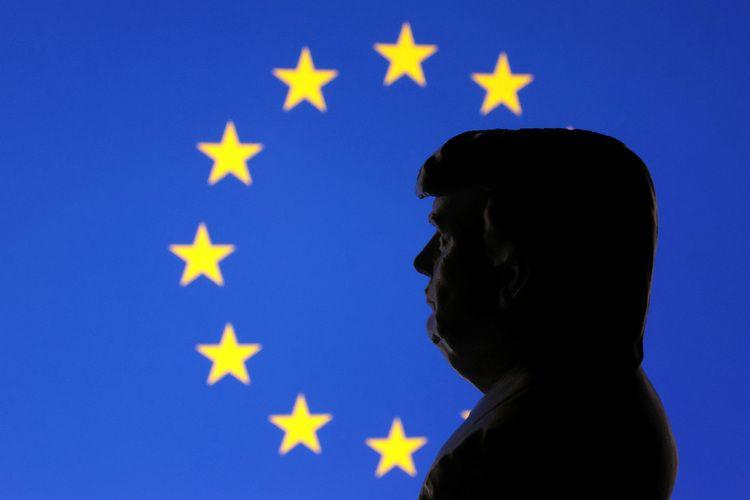Why did the doctors write an obvious untruth?

In a group of doctors who patronizing any form (ZPPKZ), they are also Radko Komadina and Pavel Poredoš (author). They obviously count this opposition to their medical debt to the Slovenian public, since in their record on the ZPPKZ, they are reluctant to bend. Because they talk a lot about ethics or morality and want to give the impression of their ethics, because of its modest space, I will briefly point out only one of their claims, which they show in a completely different light than they want to see and show themselves.
This is that « in contrast to the proposed ZPPKŽ, Article 28 of the Code of Ethics, emphasizes the ethically unacceptable abandonment or withdrawal of palliative care (after) ». The claim would be true if the ZPPKZ proposal in any article would talk about abandoning or withdrawing after. This is not really the case in ZPPKZ! The ZPPKZ mentions under Article 7, when the patient has to inform the patient’s medical physician, and in Article 10, when the patient confirms that he is aware of the possibilities of after. And that’s all.
Why did the authors write an obvious untruth? I can find two explanations myself, which are both extremely dishonest for them. Of course, I allow the possibility that they may be able to offer a better explanation for them. The first explanation would be that the ZPPKZ proposal did not really read at all, that they do not know him and speak to what others tell them and what they want. This would mean that everything they say and write about the ZPPKZ is worthless.
Another option indicates the content of the allegation that the ZPPKZ prevents after. We are accustomed to the fact that opponents of PPKZ legislation are offered everywhere in the world as an alternative and only acceptable solution for unbearable suffering. However, since even the best palliative care cannot help everyone, only a ppkz remains available. It’s not an alternative, it’s about supplementing after. The claim that the ZPPKŽ is preventing after, is not justified by anything and is false. But I can confirm that it has not fully grown on the authors. Inspired by thought Petra Tomažič On the anniversary of Slovenian Caritas: “As a society, we were faced with the proposal of the ZPPKZ, which wants to change the social view of solidarity, dying and after. Together with other humanitarian organizations, we responded in the campaign I love life in the campaign. «
This campaign is the beginning of the explanatory thread of the CPP to prevent the ZPPKZ by. The campaign was launched in October 2023 Slovenian Caritas to participate as part of the efforts of the Slovenian Roman Catholic Church (RKC) to prevent the acquisition of PPKZ. This was followed by a statement against the ZPPKZ of leaders of all major religious communities in Slovenia. The opposition of the RKC was culminated at the beginning of the consultative referendum on the enactment of the PPKZ by proclaiming heavy sin for anyone who would vote for enactment, and a threat of prohibition of participation in worship in churches. However, it turns out that the RCC has an impact on a maximum of a fifth of the electorate, so it seeks to find new objections to the ZPPKZ.
The claim that the ZPPKŽ is changing social views of PO, only if we mean the true process of promotion and strengthening the progression that occurs everywhere where the PPKŽ is enacted. Tomažič did not tell himself what he was thinking by changing the social view of after. But the authors apparently saw something bad in the change, thereby supporting the efforts of RKC and paternalist doctors to prevent the receipt of the CAP. However, they were too driven, convinced of their own right and therefore saw something that was not. This is an understandable view of the view that Komadina has already described in the words: « We oppose the law because we are hinding our self -image. »
***
Andrej Pleterski, co -authored by the ZPPKZ
The article is the opinion of the author and does not necessarily express the views of the editorial board.







